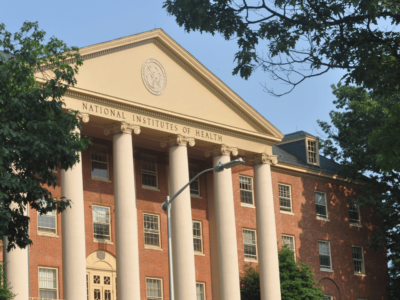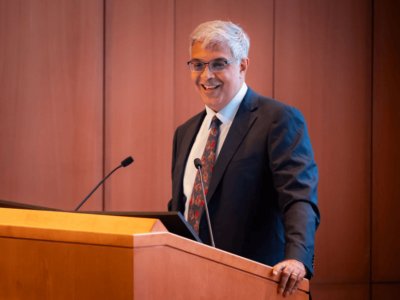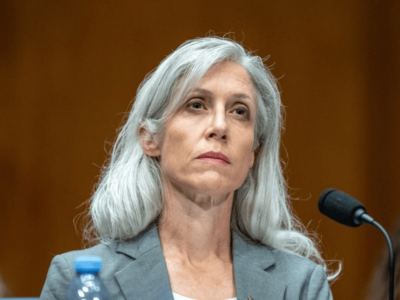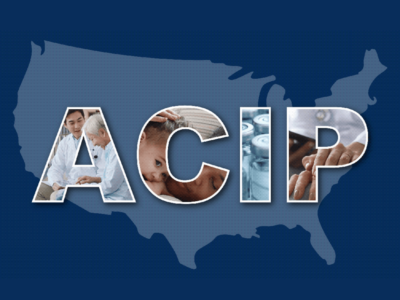NIH has published a policy that prohibits U.S. researchers and NIH grant recipients working with human biospecimens to share this data with “countries of concern.” That list includes China (including Hong Kong and Macau), Russia, Iran, North Korea, Cuba, and Venezuela.
Governor Gavin Newsom Oct. 6 signed into law SB 351—a piece of legislation that prohibits hedge fund and private equity groups from interfering with the medical decisionmaking of physicians and their patients.
United for Medical Research conducted a report surveying patients and researchers on why NIH, and NIH funding matters to them.
President Trump has signed an executive order to use artificial intelligence to accelerate research in pediatric cancers.
President Donald Trump has announced a multipronged effort aimed at lowering drug costs in the United States, including the creation of “TrumpRx,” a direct-to-consumer website where Americans can buy medicine at discounted prices and a sweeping deal with Pfizer to reduce the prices of many of its products.
In a press conference on Sept. 22, President Donald Trump, flanked by NIH Director Jay Bhattacharya, FDA Commissioner Marty Makary, HHS Secretary Robert Kennedy Jr., and CMS Administrator Mehmet Oz, touted that Tylenol use while pregnant is “probably” the cause of autism.
NIH’s new “unified grant funding policy,” is “not political,” NIH Director Jay Bhattacharya said during his remarks at Research!America’s annual National Health Research Forum Sept. 17.
Ousted from her position as director of the Centers for Disease Control and Prevention less than a month after her confirmation, Susan Monarez has now had the chance to tell her side of the story before Congress.
At a two-day meeting, the Center for Disease Control and Prevention’s Advisory Committee on Immunization Practices voted 8-3 to change the current recommendations that allow children under age 4 to receive the MMRV vaccine, a combination shot for measles, mumps, rubella and chickenpox (or varicella).
The American Association for Cancer Research released the results of a national survey measuring voters’ attitudes about federal funding for medical research, which found very high levels of support for federal funding for medical and cancer research across the electorate.













